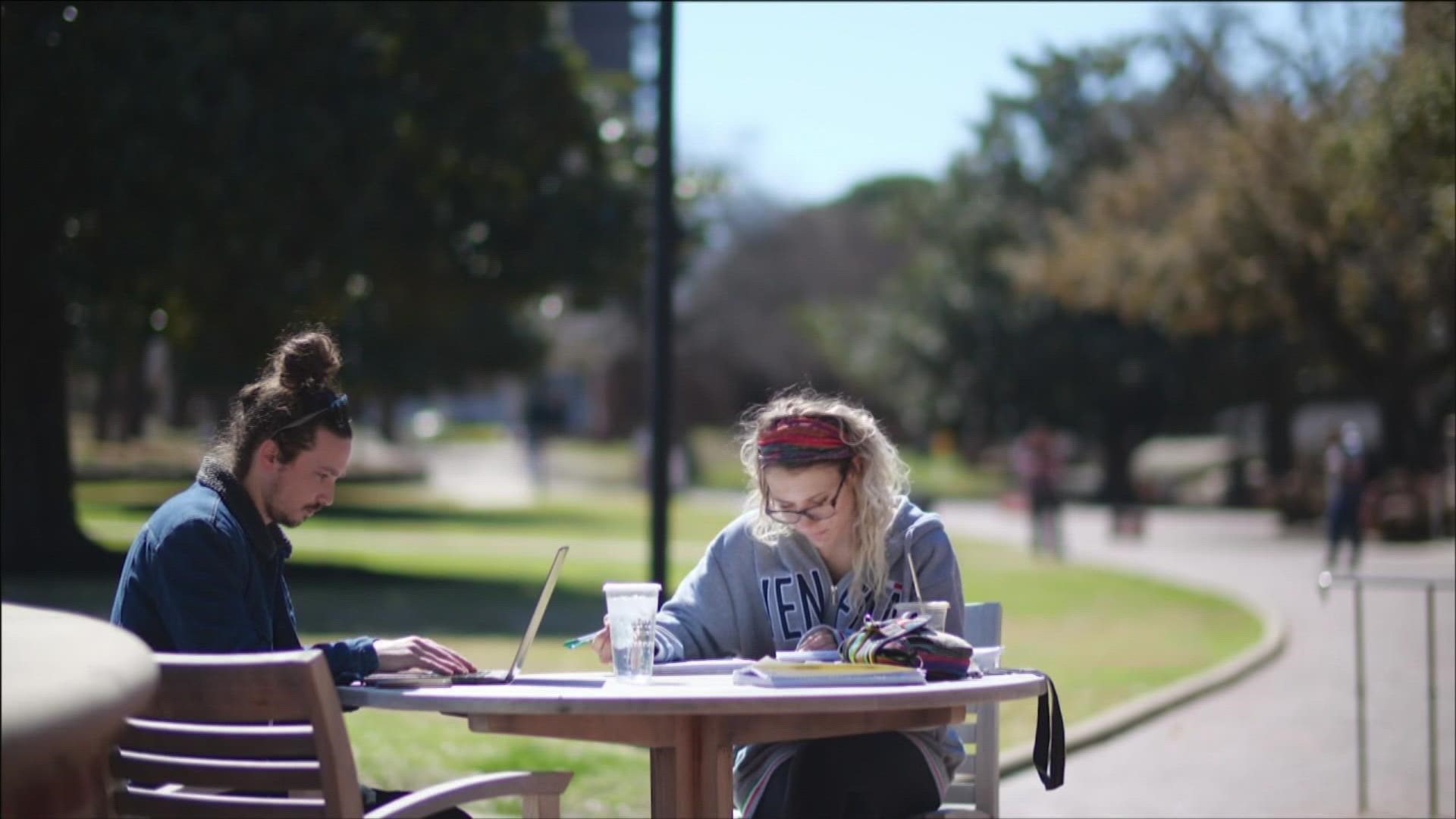MEMPHIS, Tenn. — The expected date to start back paying student loans is quickly approaching. People have less than 30 days before their payments resume.
Student Loan expert and Yrefy Managing Partner Mary Jo Lambert-Terry said people can start now with preparing.
Life for us all has changed significantly, from COVID-19 to inflated gas prices. Now we can add student loan repayments to the list because they are set to start again next month.
"Next to your mortgage or your rent payment, it's probably the biggest debt that you'll have outstanding for most of us, which is incredibly daunting," Mary Jo said.
It took her up to ten years to pay off thousands of dollars in debt.
"What I did was even I had any extra dollars, even if it was a really small amount, I was like, 'I need to put that towards my student loans.' I actually created a calendar to where I made myself feel successful."
She documented each time she made a payment on her debt, and now Mary Jo wants to help anyone who may be in a similar situation.
In December, the Biden-Harris administration extended the pause on student loan payments until May 1. According to the Student Debt Crisis Center in Tennessee alone, borrowers have racked up more than $30 billion in student loan debt and the average borrower in the state owes more than $36,000.
Mary Jo stated that there are ways to prepare. The first is to be sure that your information is updated and that you are aware of how you have your payments set up.
"Especially if you were on auto-debit. We don't want it to come May and you have money taken out of your bank account that (you) didn't know about or can't afford," Mary Jo said.
Talking to your student loan servicer and visiting studentaid.gov will also help to figure out a repayment method that works best for you.
"If you can't make your monthly payment or you're still unemployed, there are income-driven repayment programs. There are economic deferment programs. You may need to refine all of your loans together, extend your term, lower your payment."
There are also public service loan forgiveness programs, income-driven repayment programs, and ways to consolidate your loans.

